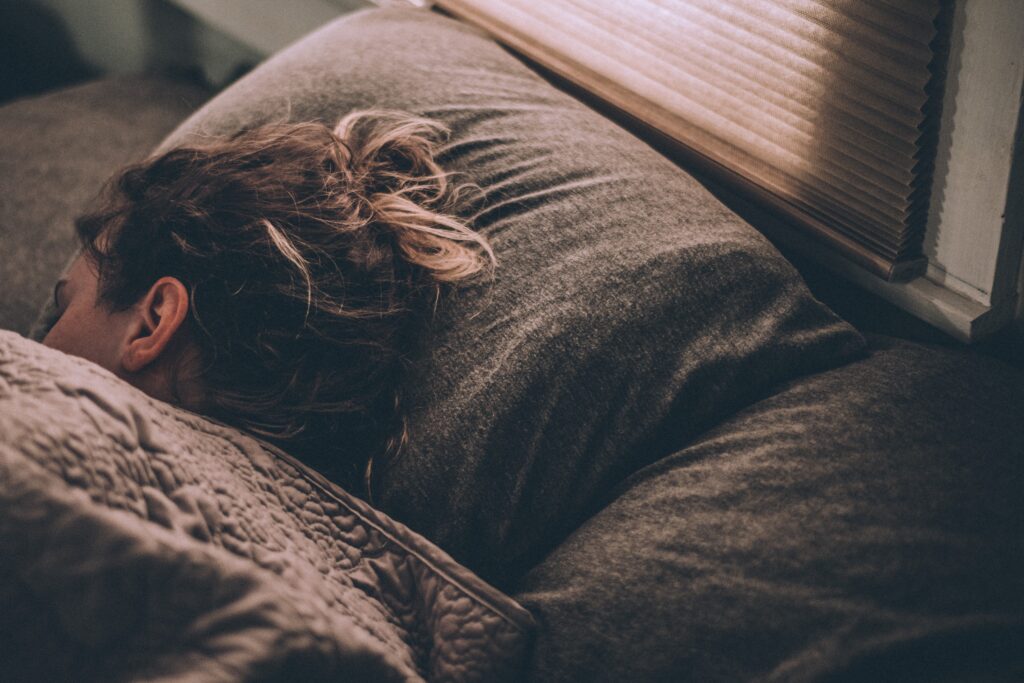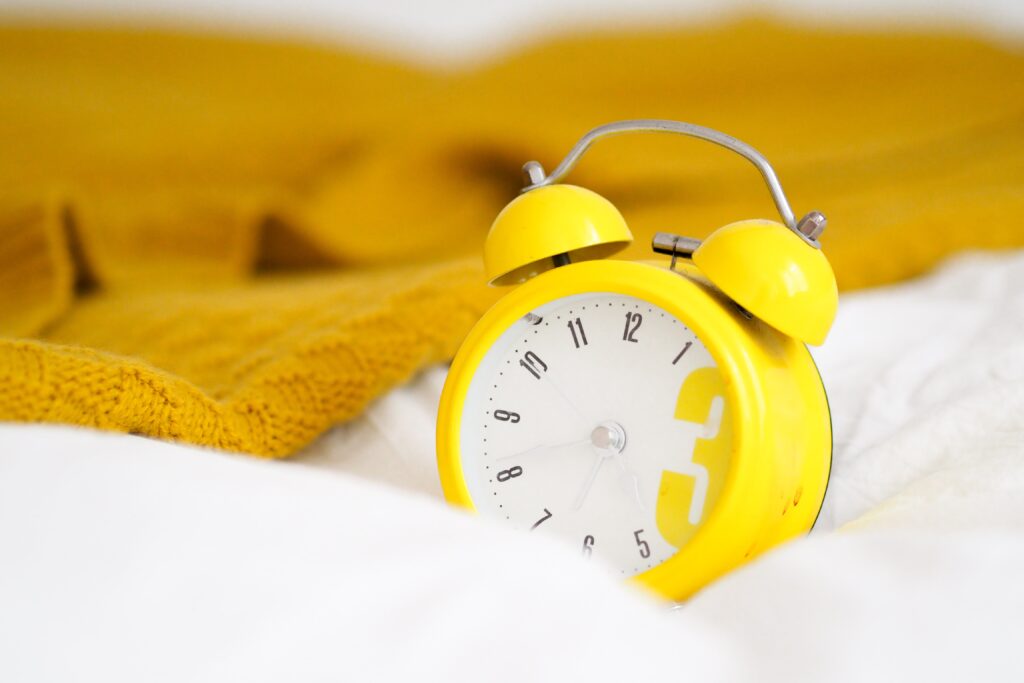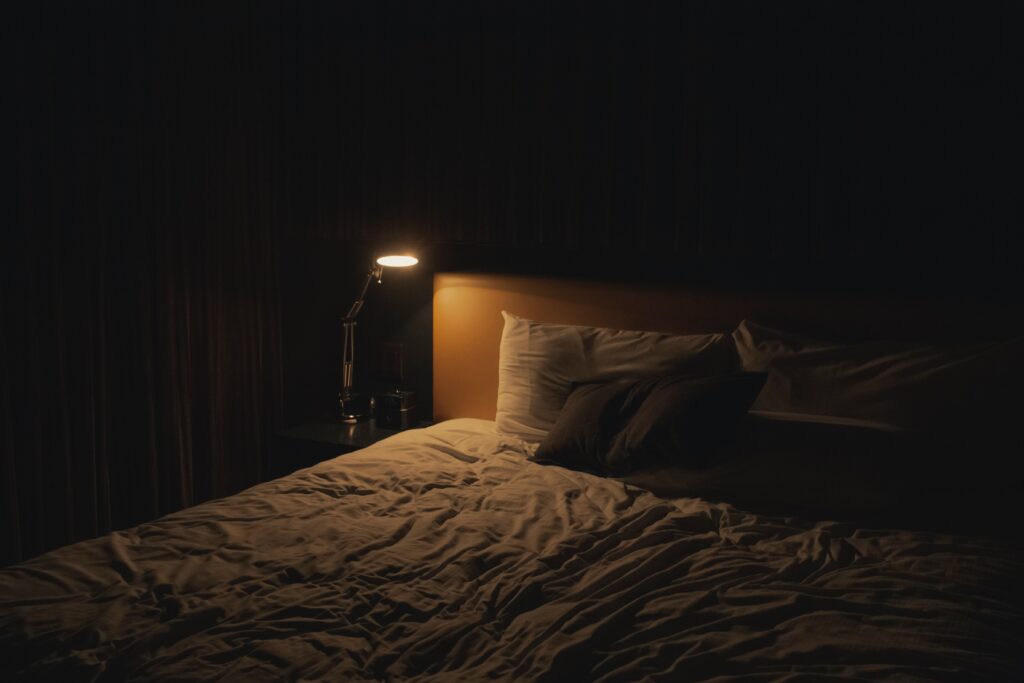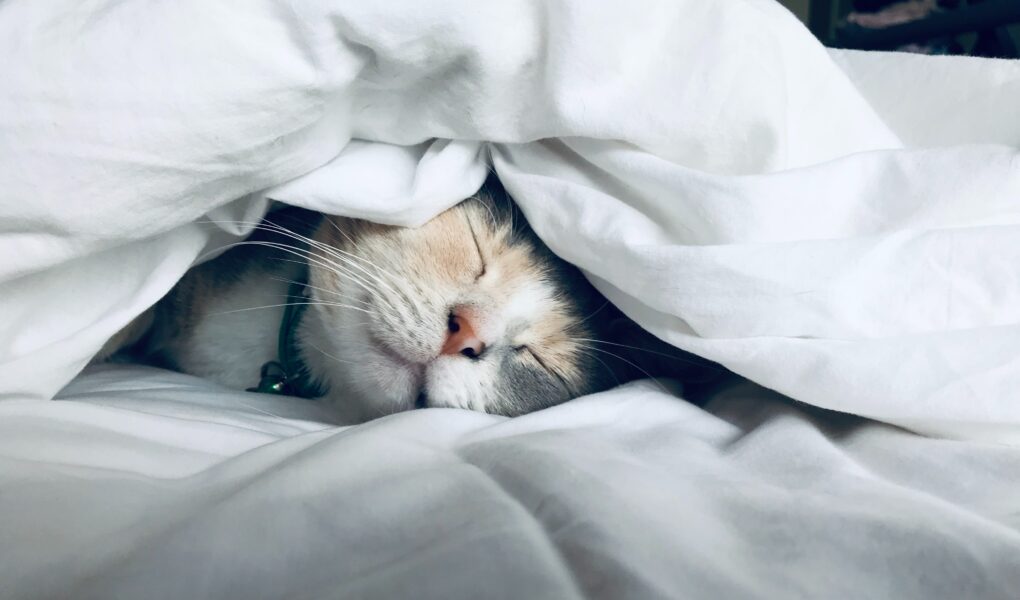Sleep has become something of a luxury in today’s fast-paced world. Between school and work, family and friends, it’s often overlooked or considered a waste of time. But getting enough quality sleep is just as important to your health as eating a healthy diet, drinking lots of water, and exercising.
Why is sleep so important?

Sleep is vital to your health for a number of reasons. It maintains critical body functions, restores energy, repairs muscle tissue, and allows your brain to process information.
Getting plenty of quality sleep improves learning, memory, and focus. It has also been linked to better immune function, higher intelligence, creativity, productivity, and athletic performance.
On the other hand, chronic sleep deprivation has been linked to mood and anxiety disorders, elevated stress levels, and weight gain. It has also been known to suppress your immune system and increase your risk for serious health conditions including diabetes, obesity, and cardiovascular disease.
So when people say they “run better on less sleep”? That’s just plain wrong. Sleep has all kinds of health benefits and can help you lead a more productive and successful life.
How much sleep do I need?

The National Sleep Foundation recommends that the average adult gets 7-9 hours of sleep per night and the average teen gets 8-10 hours. However, most of us aren’t getting the sleep we need – according to this survey in 2014, around 35% of adults and almost 70% of highs school students get less than their recommended nightly amounts of sleep.
So the chances are that you aren’t getting enough sleep. Maybe it’s because you’re too busy. Maybe it’s because you don’t get tired early enough, or even when you do go to bed earlier you find yourself tossing and turning, unable to drift off into dreams. While it may seem like you don’t have any control over your quality of sleep, the solution to the sleep dilemma can often be found in your daily routine and lifestyle. Here are six tips and habits to help you get more quality sleep.
1. Be consistent

Getting in sync with your circadian rhythm (your natural sleep cycle) is one of the best things you can do to improve sleep. A regular sleep schedule will leave you feeling more awake and refreshed an irregular one, even if you’re sleeping the same number of hours.
Try to go to bed at the same time each night and wake up at the same time every morning. Even though it may be tempting, don’t sleep in on weekends! Choose a reasonable bedtime when you naturally feel tired, and you should wake up naturally when you’ve gotten enough sleep.
If you’re consistent with your sleep-wake times and you sleep when you feel tired, your body will fall naturally into the pattern and it will be easier to both fall asleep and wake up. In fact, if you’re getting the right amount of sleep and sleeping at the same time each night, you shouldn’t even need an alarm to wake up.
2. Improve your sleep environment

Make sure your room is dark, quiet, and a comfortable temperature. Light, noise, and high temperatures can all prohibit you from falling asleep or disturb you once you’re sleeping. Darkness is important because the absence of light sends a message to your body that it is time for sleep. Sleeping in a noisy or bright environment can cause nighttime waking, which can leave you feeling unsatisfied or unrested. If you find yourself tossing and turning, it could also be that your room temperature is too hot or too cold. Especially if you’re a light sleeper, improving one or all of these things in your bedroom may help you sleep faster and sleep better.
For darkness, use blackout curtains or shades to block light from windows, or try a sleeping mask. If you can’t avoid or eliminate noise from others, try using a fan or a noise machine to masks the sounds. You might also want to try cooling down your room a bit – the ideal temperature for sleep is between 60 and 67°F (15.6 and 19.4°C) because your body lowers its temperature in order to initiate sleep.
One last tip is to avoid eating, working, watching TV, or doing anything else other than sleeping in your bed. This way, your brain will associate your bed with only sleeping and you’ll be able to fall asleep faster at night.
3. Manage your light exposure

Secretions of melatonin (the sleep hormone) are regulated by your body’s exposure to light. Darkness causes your body to produce more melanin, causing you to feel more tired, while bright light makes you feel more awake by suppressing melanin production. Nowadays, we’re exposed to a lot of unnatural light (especially now that most things are online), which disrupts our melanin production. But you can lessen these effects by managing your light exposure in certain ways.
During the day, spend as much time as can outside or with a window open so you’re exposing yourself to natural daylight. The bright light will tell your body to produce less melatonin and you’ll feel more awake. At night, avoid bright screens! The bright blue light from screens imitates bright daylight and suppresses melatonin production so you will feel more awake. Try to stop using your phone, tablet, and or laptop at least 1 hour before trying to sleep. If you need to use your devices, use ones with smaller screens, turn the brightness down, and adjust the color to be more orange, rather than blue. If you get up during the night, keep the lights down and use a nightlight or flashlight if you need to move around safely. Darkness will maintain your higher levels of melatonin, making it easier to fall back asleep.
4. Watch what you eat & drink

Believe it or not, what you drink and eat during the day influences how well you sleep at night. For better sleep, it is recommended that you limit your caffeine intake, especially later in the day. One study found that consuming caffeine 6 hours before bedtime reduced sleep time by 1 hour. You should also avoid drinking too many fluids in the evening as this can cause nocturia (basically, frequent trips to the bathroom during the night).
Similarly, avoid large meals before bed as they can cause indigestion, heartburn, and acid reflux (when you’re lying horizontally with a full stomach, gravity isn’t there to keep the food down). And sometimes simply feeling too full can prevent you from sleeping. But this doesn’t mean you should go to bed hungry – that will make it equally difficult to fall asleep. Just try to have dinner earlier in the day and avoid eating heavy, rich foods within two hours of your bedtime.
Finally, cut back on sugary foods (such as soda and ice cream) and refined carbs (such as white bread and pasta). Not only are these foods linked to heart disease, diabetes, and obesity, but they can prevent you from sleeping properly. Sugary foods and refined carbs have high glycemic indexes, which means they spike your blood sugar levels more quickly than low-glycemic foods such as brown rice and veggies. The body responds by releasing insulin to bring blood sugar back down, and this drop in blood sugar can trigger the release of adrenaline and cortisol, making it harder to stay in deep sleep.
5. Exercise during the day

Exercising regularly can improve insomnia and sleep apnea and increase the amount of time you spend in deep sleep. The key word here is regularly – don’t expect to see results after one or two sessions at the gym. Instead, be patient and focus on choosing an exercise routine that you can stick to; it can take weeks or even months for the sleep-related effects to set in. In general, the more intense the exercise, the better the sleep. But even light exercise, such as walking for 10 minutes each day, can benefit your sleep.
The timing of exercise can be important, too. Since exercise speeds up metabolism, increases body temperature, and stimulates the release of hormones such as cortisol, avoid vigorous exercise within two or three hours of bedtime. But more relaxing activities such as yoga or stretching right before bed can help you fall asleep faster.
6. Establish a night routine

My last piece tip is to develop a nighttime routine or ritual to relax and clear your head before bed. It doesn’t have to be long or complicated. Meditation, journaling, reading, listening to soft music, or relaxation exercises are all great options. If you shower or take a bath at night, do that at a consistent time. Having a consistent night routine is helpful for a number of reasons. First, it helps reduce the residual stress and anxiety from the day that might prevent you from sleeping well. Second, if you consistently perform this ritual for long enough, your body will get used to the routine and will begin to make you feel sleepy when you perform it (the same way that a consistent sleep schedule will help you sleep better).
Again, the most important thing is consistency! Just as with the other habits, don’t give up after two or three nights if you’re not seeing any improvement. These processes take time, but they are well worth it in the long run.
Sleep is important to your health.
Regardless of your age or lifestyle, healthy sleep is critical to maintaining and improving your health and well-being. Not only that, but getting healthy sleep can make you more productive and successful, while sleep deprivation has serious consequences for your health – both in the short and long term. Sleep allows our bodies to rest and recharge for the day ahead. If you want to be happier and healthier, it’s important that you make healthy sleep a top priority and incorporate some of the tips and habits above into your daily routine.




